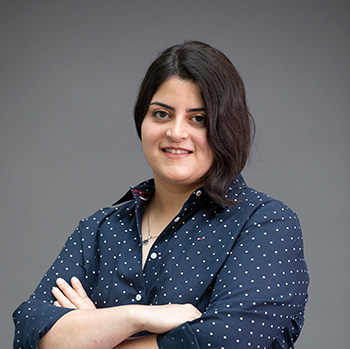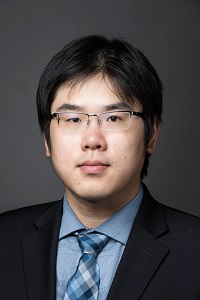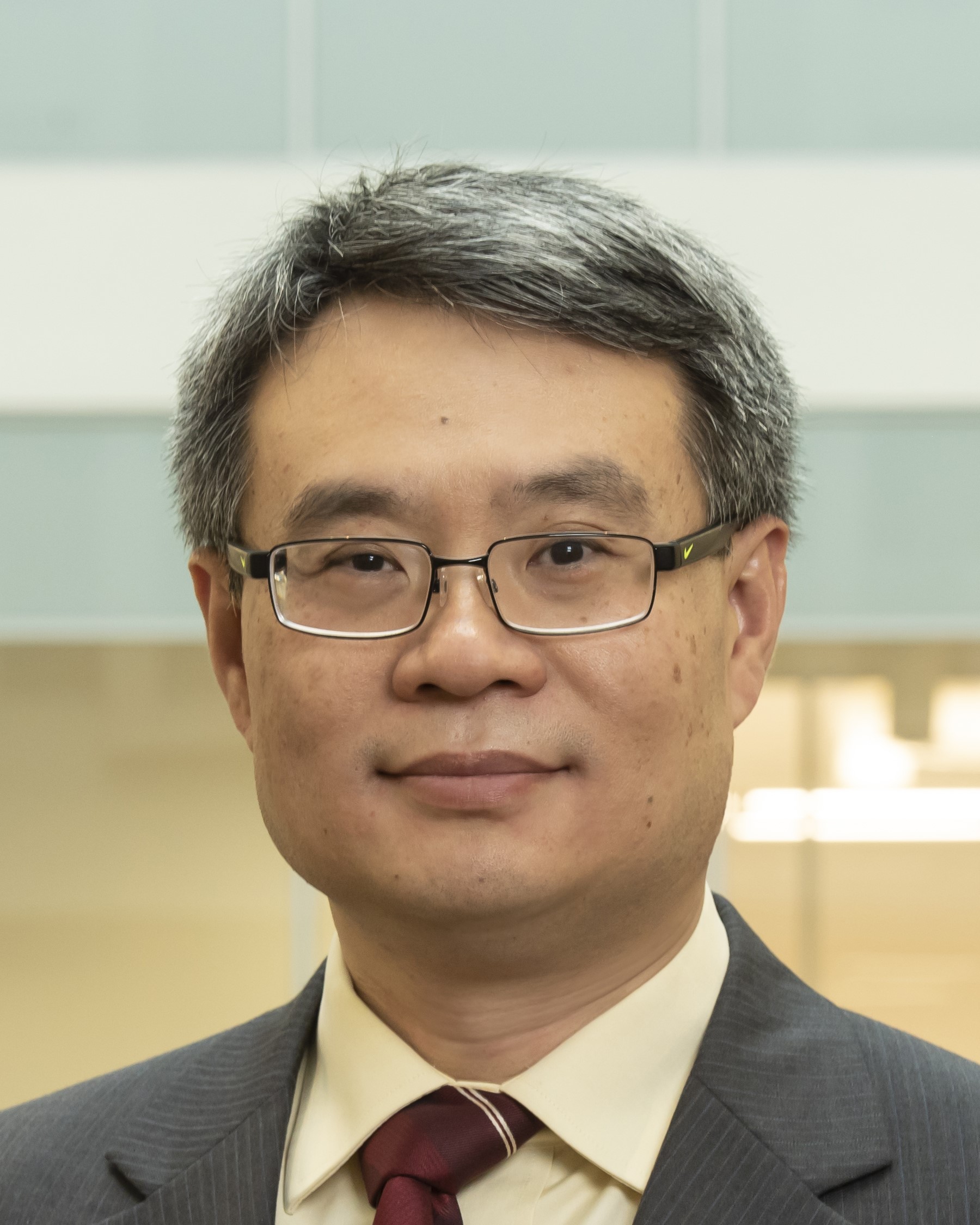AIoT Workshop Program @ KDD’22
August 15th, 2022 1:00-4:30pm, ESTLocation: Washington DC Convention Center, USA
Opening
Host: Dr. Haining Zheng, ExxonMobil
1:10 - 1:55pm
Keynote: Computing at the Extreme Edge
Shadi Noghabi, Networking Research Group at Microsoft Research
Technical Paper Session
Abstract: Remote sensing is one of the basic enabling technologies for Internet-of-Things (IoT) systems. In the domain of hydrology, IoT-based products can significantly enhance the process of water quality and resource management. It is highly necessary to continuously monitor water bodies for ensuring the long-term stability of a region's hydrological and ecological ecosystems. Water body monitoring with IoT and remote sensing techniques has advanced along with an increase in freely available, high-resolution data. In this paper, we propose a model for mapping the remote sensing data available at low resolution to a high-resolution counterpart for the purpose of water body areal change monitoring. We propose to leverage our low to high-resolution mapping to generate synthetic data at high resolution, at time steps when only low-resolution data is available. We then use the enriched dataset to forecast the areal change in the Great Salt Lake water body.
Abstract: The fast growth of Internet of Medical Things (IoMT) innovation has resulted in several breakthroughs in the smart healthcare field; it enhances healthcare systems to give more complex real-time services and more efficient patient motioning system. Nonetheless, despite IoMT's dazzling side, some problems continue to stymie its acceptance. In reality, collecting, transferring, storing, and utilizing data in IoMT applications raises concerns about privacy and data protection, particularly given the large number of parties involved throughout the data life cycle. Motivated by these facts, the purpose of this research is to conduct a Systematic Literature Review (SLR) of privacy-preserving methods employed in the smart healthcare ecosystem.
2:55 - 3:30pm
Break
3:30 - 4:00pm
Hackathon Session (sponsored by Cornell University and Microsoft)
3:30 - 3:45pmOverview of Cornell Institute for Digital Agriculture (CIDA) and CIDA Hackathon (Virtual)
Chris De Sa, Cornell University
3:45 - 4:00pm
Project Agriverse
Yuexing Hao, Cornell University. Coauthor: Alexander Dawson; David Needles; Hao Zhen; Aixuan Shan; Jiaqi Wang.
Abstract: Agriverse is an abbreviation of "Agriculture Metaverse". This platform aimed to employ AI/ML techniques to provide insights for the farmers, currently targeted at dairy farmers. The farmers can monitor and control the barn equipments in order to maximally optimize water usage and improve farm efficiency. In a ten-year span, for 500-cow size farms, owners can save over $1300 cost per year with Agriverse. The Agriverse team is formed during the Cornell Initiative for Digital Agriculture's fourth annual hackathon.


